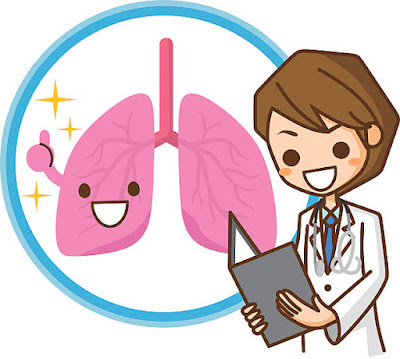Pulmonary tuberculosis (TB) is a contagious bacterial infection that involves the lungs. It may spread to other organs.
Tuberculosis (TB) is a potentially serious infectious disease that mainly affects the lungs. The bacteria that cause tuberculosis are spread from person to person through tiny droplets released into the air via coughs and sneezes.
Many tuberculosis strains resist the drugs most used to treat the disease. People with active tuberculosis must take many types of medications for months to get rid of the infection and prevent antibiotic resistance.
Tuberculosis is caused by bacteria that spread through the air, just like a cold or the flu. You can get TB only if you come into contact with people who have it.
Symptoms of TB can develop slowly and may vary. The main symptoms of pulmonary TB include: a bad cough that lasts for at least 3 weeksTrusted, chest pain, coughing up blood or phlegm from the lungs, breathlessness.
More general symptoms of TB can include: weight loss, a loss of appetite, nausea and vomiting, low energy or fatigue, fever and chills, night sweats.
People with latent TB do not have any symptoms or feel sick.
7 Nursing Diagnosis for Pulmonary Tuberculosis (TB) :
1. Ineffective airway clearance
related to
thick and pus-filled secretions, fatigue, less coughing ability, trachea/pharyngeal edema
2. Ineffective breathing pattern
related to
decreased lung expansion secondary to fluid buildup in the pleural space.
3. Impaired gas exchange
related to
decreased effective lung tissue, atelectasis, alveolar-capillary membrane damage, and bronchial edema.
4. Imbalance of nutrition; less than body needs
related to
feeling of nausea, productive cough.
5. Risk for spreading infection
related to
inadequate self-defense mechanisms, tissue damage, malnutrition, environmental exposure, lack of knowledge to prevent exposure to pathogens.
6. Risk for low self-esteem
related to
negative image about illness, feelings of shame.
7. Knowledge deficit: regarding conditions, treatment rules
related to
lack of information about the process and management of home care.
